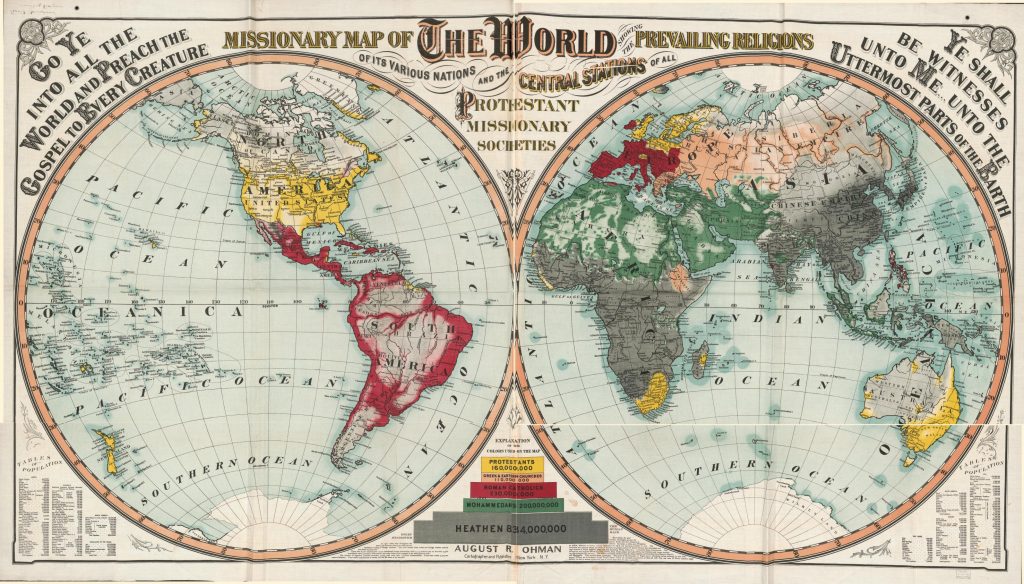
The Big Idea
This section of the site critically covers every belief system on earth – secular systems, free spirituality, and religion.
It does this through categorization of the religious groups and a strict economy of arguments.
Group Categorization
Imagine there were only ten religions on earth, each with rich histories and great depths of philosophy and theology. You are not a historian; you want to determine whether any of them are true.
Imagine that in four of them, it is absolutely essential to believe the earth is flat. It would be absurd to waste time on each of their unique merits when you could group them by this one premise and reject them wholesale.
Consequently, I have categorized the real world religions based on what they share, not what is unique to each of them. Each grouping has a “home page” explaining the group. The menu puts them in sequence, each discussion laying the groundwork for the next.
Economy of Argument
Once again, say we have our group of religions centered on the earth being flat. The first order of business is, of course, to prove the earth is spherical. But following that with further arguments would be patronizing and distracting. The argument is over; there is no need to belabor it.
Consequently, only the most grave contradictions are presented as refutations. To meet the criteria, a contradiction needs to (1) regard a core principle of the religion or belief in the religion, and (2) be unambiguous. So this section will NOT be exploring nonsense like the argument that the Pentateuch must be false since it says God changes His mind (ignoring the dozens of other anthropomorphisms), or the Quran saying the earth was spread out like a carpet (this doesn’t mean the earth is flat), nor even topics such as permission to keep slaves in the Torah (God could be real and have good reasons to permit something imperfect, like condescending to the economic system of the time). Again, only critical, unambiguous contradictions are worth our time and effort.
Religion and Sanity
Recall that this website is dedicated to determining what is sane. All world religions have unique and interesting insights and traditions. But we are on a search for truth. What is artistic is not necessarily sane; what is profound in one aspect is not necessarily profound in another; what appears good may be strange, and what appears strange may be good.
You may not agree with me on every point, but I do hope you leave this section a little – or perhaps a lot – more sane.
The systems covered in this section are existentialism, paganism, Islam, Judaism, Protestantism, Orthodox Christianity, and Catholicism.
